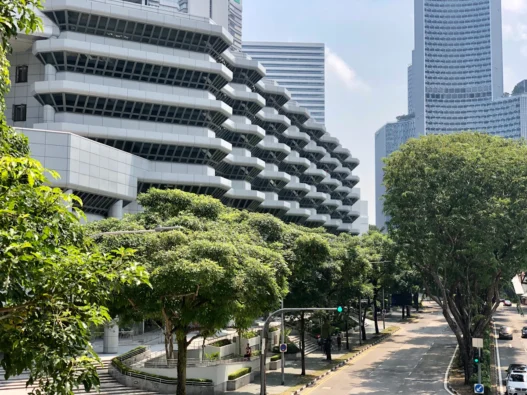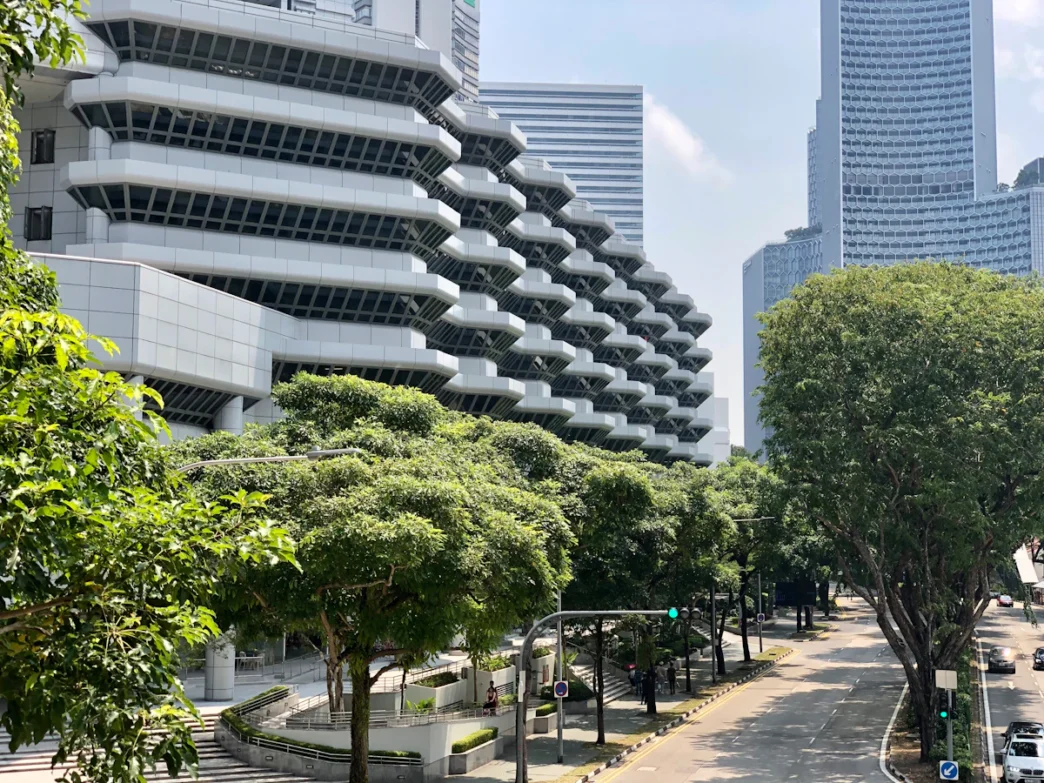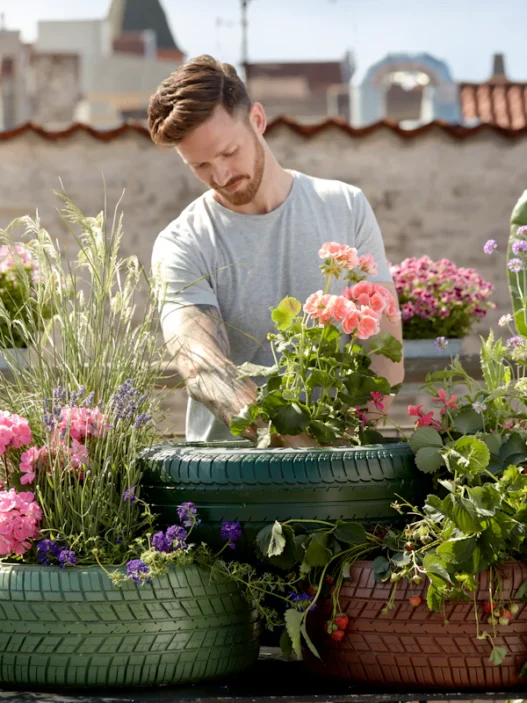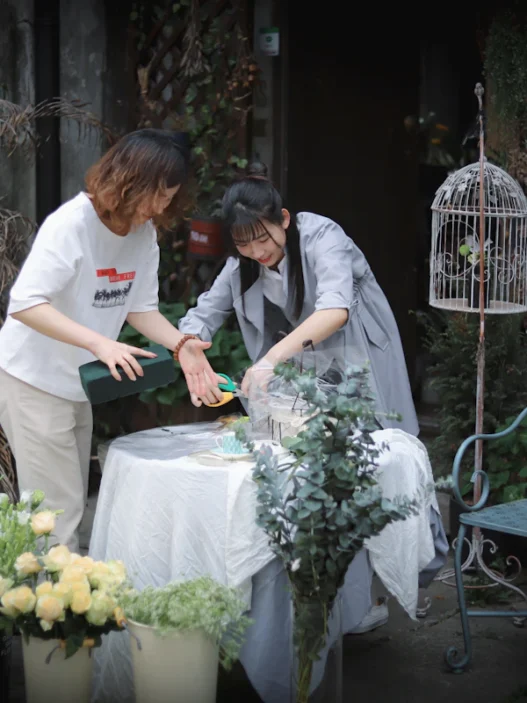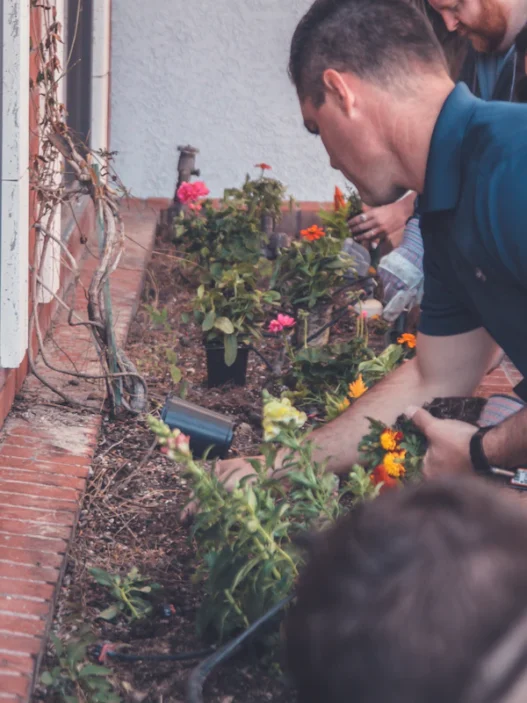Ever wondered how a simple garden can transform a bustling city into a green oasis? Urban gardens are doing just that, playing a crucial role in creating sustainable cities. From reducing pollution to fostering community spirit, urban gardening is the secret ingredient to a thriving, eco-friendly urban environment.

Reducing Food Miles
Ever thought about how far your food travels before it reaches your plate? The journey from farm to table can be hundreds, even thousands of miles, contributing to significant carbon emissions. Urban gardens slash these food miles drastically. By growing food locally, we’re not only reducing our carbon footprint but also ensuring fresher, healthier produce.
Imagine picking a tomato right from your backyard or a community garden plot. It’s fresher, tastes better, and hasn’t burned fossil fuels traveling across the country. Plus, local produce doesn’t require the same amount of packaging and refrigeration as store-bought food, further cutting down on environmental impact. Think about it: every time you eat from your garden, you’re making a choice that benefits the planet.
Supporting Local Ecosystems
But wait, there’s more! Urban gardens do more than just provide fresh food; they support local ecosystems. Gardens attract pollinators like bees and butterflies, which are essential for the health of our environment. These gardens create a habitat for various insects and birds, promoting biodiversity in urban areas where green spaces are scarce.
Insects and birds play a vital role in the ecosystem by helping with pollination and pest control. When you plant a garden, you’re contributing to a balanced and healthy ecosystem right in your city. Imagine a vibrant garden buzzing with life—it’s more than just pretty; it’s a mini-ecosystem in action.
Conserving Water
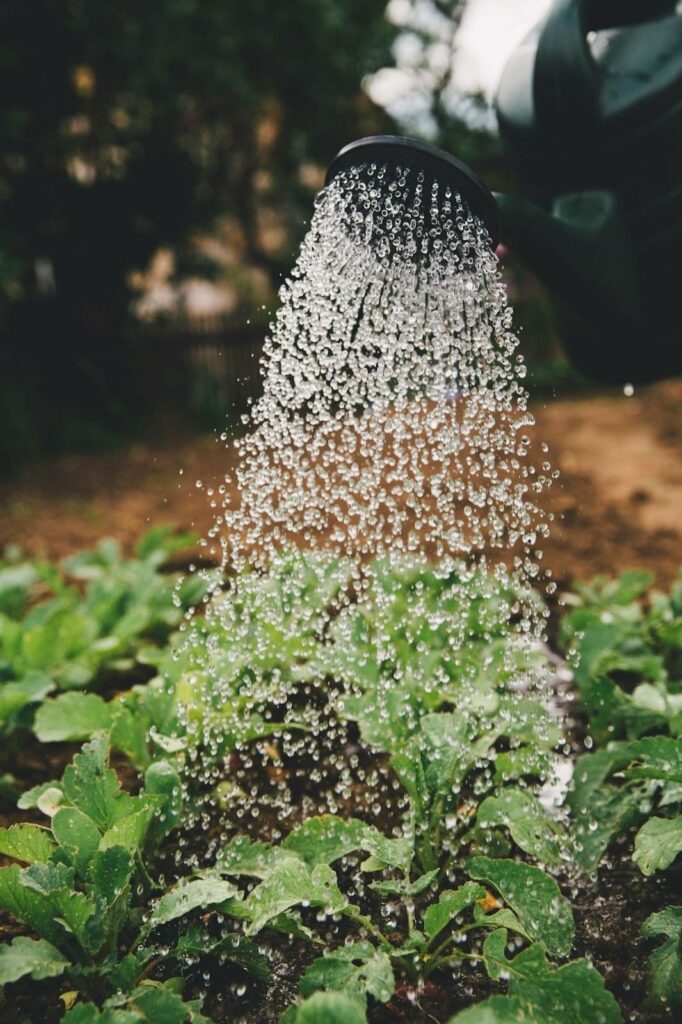
Did you know urban gardens can help conserve water? It’s true! With techniques like rainwater harvesting and drip irrigation, urban gardens can efficiently use water resources. These methods reduce the demand on municipal water systems and help manage stormwater runoff, which can overwhelm city infrastructure during heavy rains.
By installing rain barrels or using permeable soil and mulch, urban gardeners can capture and use rainwater effectively. Drip irrigation systems deliver water directly to the plant roots, minimizing evaporation and ensuring plants get exactly what they need. Imagine a garden that thrives on captured rainwater—smart gardening at its finest!
Recycling Organic Waste
Here’s a game-changer: urban gardens can recycle organic waste. Food scraps, leaves, and grass clippings can be composted and used to enrich garden soil. This not only reduces the amount of waste sent to landfills but also provides nutrient-rich compost that improves soil health.
Composting transforms kitchen scraps and garden waste into a valuable resource, closing the loop on organic waste. Instead of contributing to methane emissions in landfills, this waste nourishes the garden, leading to healthier plants and better yields. Think about turning your kitchen waste into garden gold—it’s a win-win for you and the environment.
Promoting Biodiversity
But the benefits don’t stop there! Urban gardens are a haven for biodiversity. By planting a variety of flowers, herbs, vegetables, and native plants, urban gardeners create diverse habitats that support a wide range of species. This biodiversity is crucial for the resilience of urban ecosystems.
A diverse garden is less susceptible to pests and diseases, as different plants attract various beneficial insects and predators that keep harmful pests in check. Imagine a garden teeming with different plants and wildlife, each playing a part in maintaining ecological balance—it’s nature’s orchestra in your backyard.
Enhancing Green Spaces

Urban gardens do more than improve individual spaces—they enhance entire neighborhoods. By transforming vacant lots, rooftops, and community spaces into green havens, urban gardens bring nature into the heart of the city. These green spaces provide a place for relaxation, recreation, and community gatherings.
Green spaces improve mental health, provide areas for physical activity, and create a sense of community. They also contribute to the aesthetic appeal of neighborhoods, making them more inviting and livable. Imagine a city where every block has a green space—a breath of fresh air amid the urban hustle.
Reducing Urban Heat
You won’t believe what happens next—urban gardens help cool cities! Plants absorb sunlight and provide shade, reducing the urban heat island effect. This phenomenon, where cities become significantly warmer than their rural surroundings, is a major issue in densely populated areas.
By planting trees and shrubs, urban gardens can lower temperatures, making cities more comfortable during hot summers. Green roofs and walls can also insulate buildings, reducing the need for air conditioning and saving energy. Picture a cooler, greener city where urban gardens provide natural air conditioning—it’s possible with a bit of green ingenuity.
Improving Air Quality
Here’s the part that everyone misses—urban gardens improve air quality. Plants absorb pollutants like carbon dioxide, nitrogen dioxide, and particulate matter, cleaning the air we breathe. They also produce oxygen, making the environment healthier for all living beings.
In areas with high pollution levels, urban gardens act as green lungs, filtering toxins and improving overall air quality. Imagine breathing easier in a bustling city, thanks to the purifying power of urban gardens. It’s like having a natural air filter right outside your door.
Sustainable Resource Use
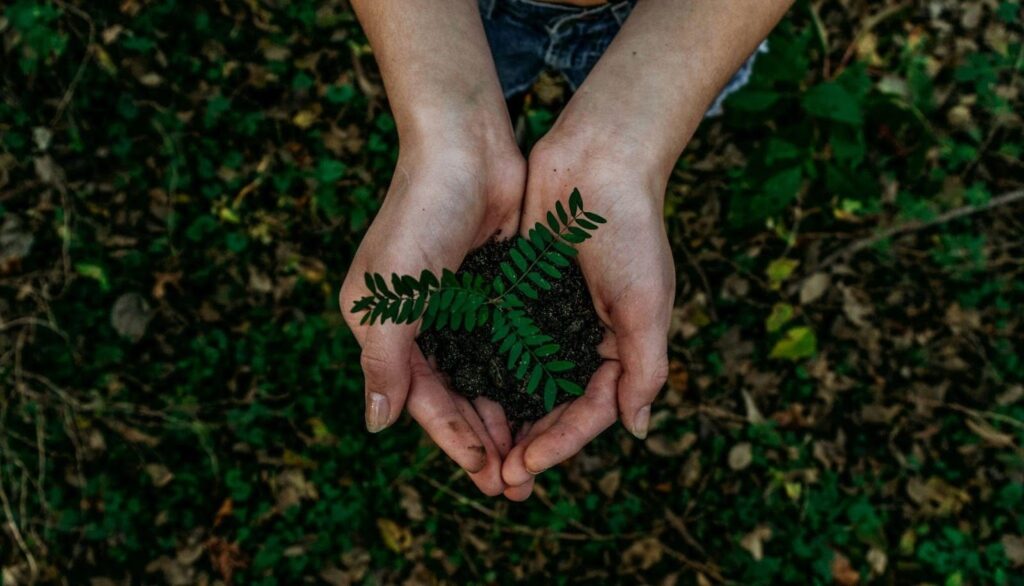
Ever thought about how urban gardens promote sustainable resource use? By growing food locally, we reduce our reliance on industrial agriculture, which often uses large amounts of water, pesticides, and fossil fuels. Urban gardens encourage sustainable practices like organic farming, permaculture, and agroecology.
These practices focus on building healthy soil, conserving water, and promoting biodiversity. Imagine a garden that uses resources wisely, creating a sustainable food system in your community. It’s gardening with a purpose.
Educating Communities
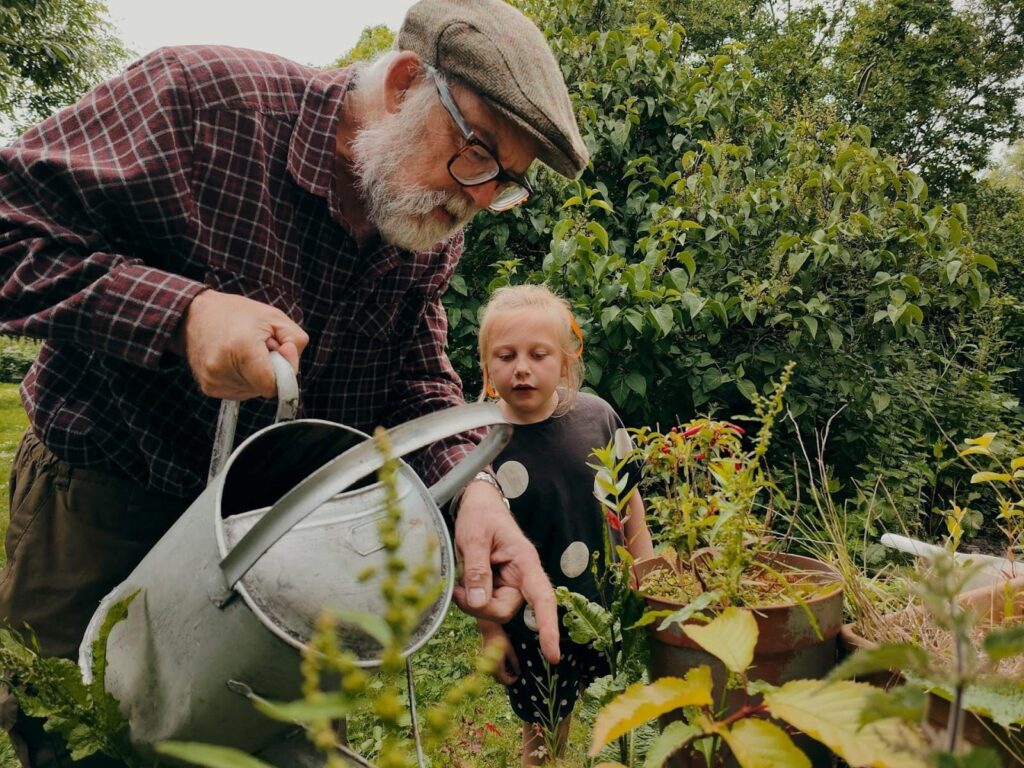
But wait, there’s more—urban gardens are powerful educational tools. They provide hands-on learning opportunities for people of all ages, teaching valuable skills in gardening, sustainability, and environmental stewardship. Schools, community centers, and local organizations can use gardens to educate and inspire.
Gardening projects can teach kids about where food comes from, the importance of biodiversity, and the benefits of sustainable living. Adults can learn new skills and gain a deeper appreciation for nature. Imagine a community where everyone understands and practices sustainability, thanks to the lessons learned in urban gardens. It’s education in full bloom.
Green Cities, Healthy Lives
Urban gardens are more than just patches of green in a concrete jungle—they are essential for creating sustainable, resilient cities. From reducing pollution and conserving water to promoting biodiversity and educating communities, urban gardens play a vital role in improving urban living. Imagine a future where every city is a green, thriving ecosystem, thanks to the power of urban gardening. It’s not just a dream—it’s happening now.









